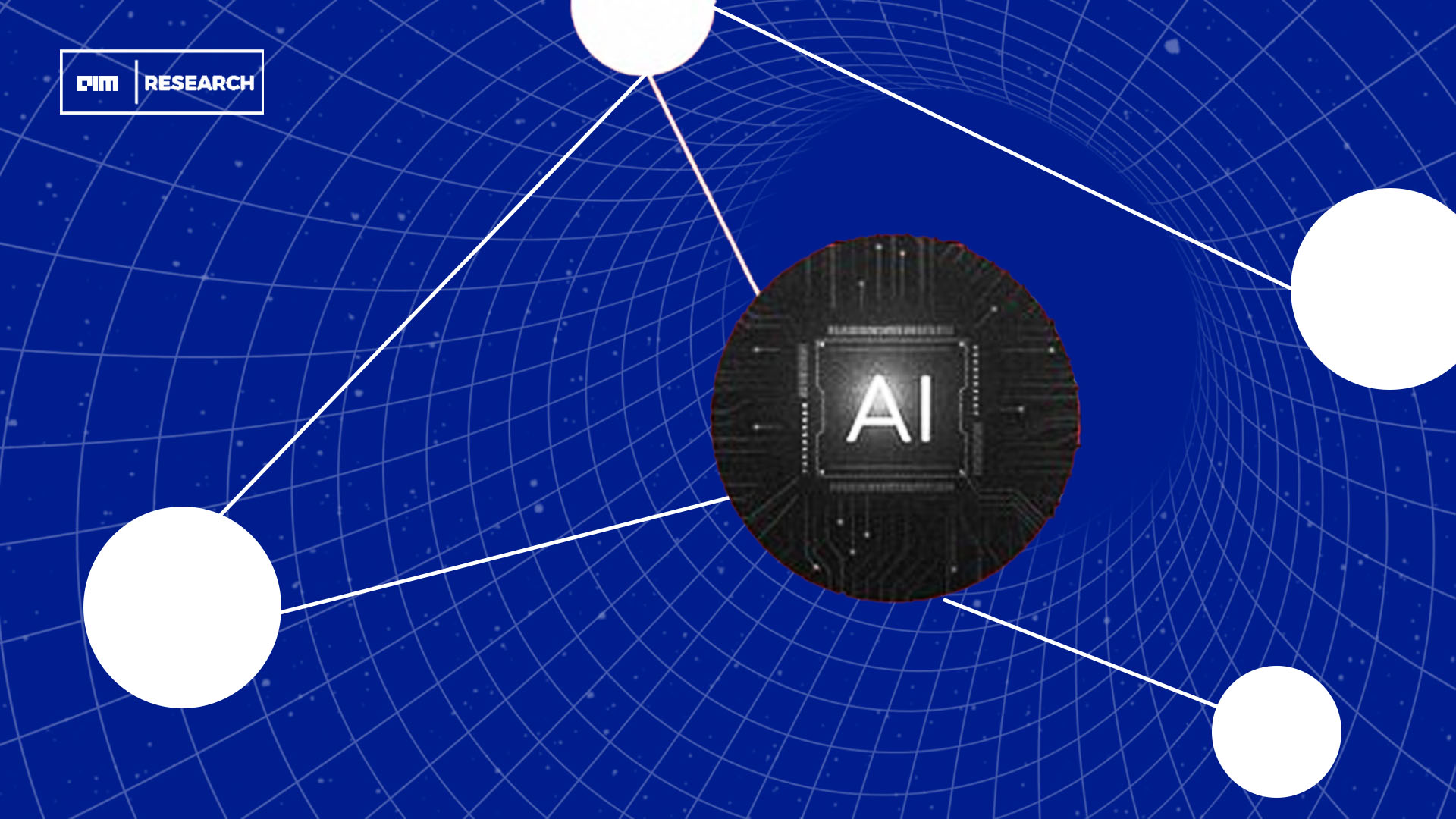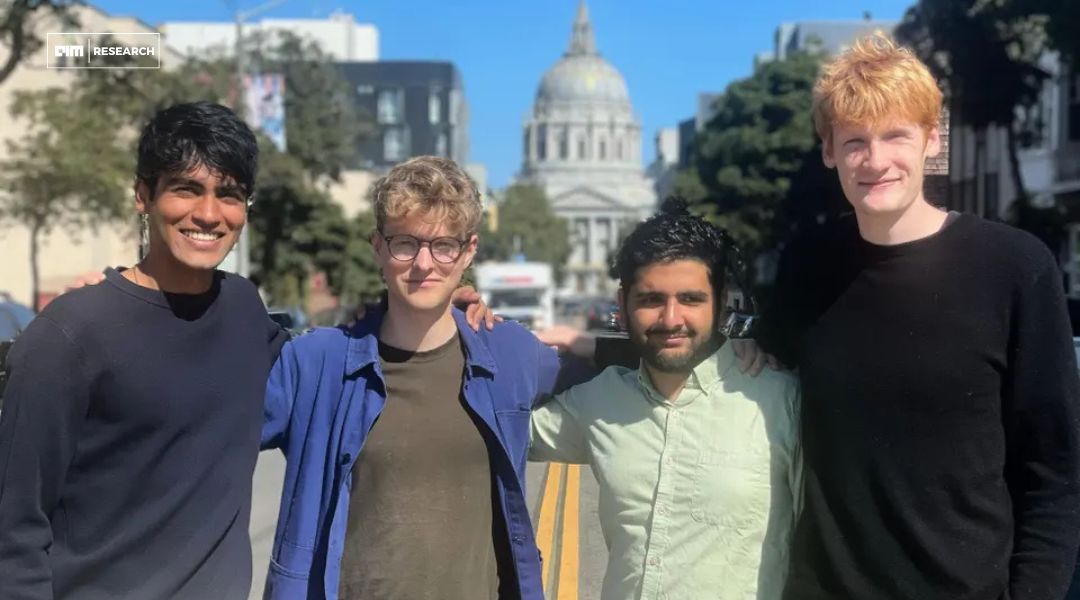

Anysphere’s AI-powered brainchild Cursor, has demonstrated skyrocketed revenue growth, reaching a $100 million Annual Recurring Revenue (ARR) in a span of just twelve months which has proven to be a breakthrough product in the tech space.
And investors can’t keep their hands off of fast growing AI companies that have the potential to bring magnificent profits and visibility.
This isn’t Anysphere’s first foray into fundraising; the company has already secured $105 million in Series B funding from notable names such as Thrive Capital, Andreessen Horowitz, Benchmark, and other existing investors. Thrive Capital stands as a powerhouse in the venture capital arena, having made strategic investments in industry leaders like Stripe, Instagram, OpenAI, and Spotify.
The question is clear: why are these investors keen to support this two-year-old startup? The answer is straightforward—their Cursor coding tool is a game-changer that has captured the attention and enthusiasm of programmers, positioning Anysphere for undeniable success. It’s the future of human-AI collaboration.
The company that gave birth to this tool is none other than Anysphere, an applied research lab working on automating coding. As the Anysphere team mentioned, “their aim is to develop the engineer of the future: a human-AI programmer that is significantly more effective than any traditional programmer.” Founded in 2022, Michael Truell, Sualeh Asif, Arvid Lunnemark, and Aman Sanger have quickly established Anysphere as a leader in AI-assisted coding solutions.
The flagship unit Cursor that has created all the buzz had diverged from the prime Visual Studio Code (VS Code). However, the creators aimed to go beyond that; they wanted to unlock greater creativity in the programming world. This led them to the idea of incorporating artificial intelligence into their creation. At Lex Fridman’s podcast, Michael Truell pointed out, “the decision to do an editor seemed self-evident to us.” He went on to say, “We wanted to be able to just build the most useful stuff”
The creators made it unique by implementing innovative ideas that will lead to something useful, and they can’t wait for their programmers and clients to use them. The founders, Michael Truell, Sualeh Asif, Arvid Lunnemark, and Aman Sanger, recognized a significant challenge: the frustration felt by programmers and coders who, despite advancements in model performance, were still disappointed with the Copilot experience. Their desire to create innovative solutions and enhance the entire process from start to finish led to the development of Cursor.
As the developers defined Cursor, it’s a tool that would look over a programmer’s shoulder along with being a “fast colleague,” who can think and work ahead of a coder. Now, Cursor is taking the centre stage and helping the clients jump ahead of AI, sometimes telling it what to do. What really made Cursor stand apart is the model’s ability to know the next steps once a coder accepts the editing process. It excels at predicting what a programmer intends to do next, offering intelligent autocompletion suggestions. Being one of the most advanced features, the goal is to have the model read users’ minds and tab away all the zero entropy bits.
The team of Cursor have used the vast realm of technology in order to train its system: Mixture of Experts (MoE) models improve performance in longer contexts. Speculative decoding, particularly through a variant called speculative edits, enhances speed by leveraging existing code as a strong prior to predict and verify code chunks in parallel. The team has placed significant emphasis on the role of caching in Cursor’s performance. They have designed prompts to be aware of caching, while the key-value (KV) cache stores the keys and values of previous tokens. This approach helps avoid a forward pass through the entire model for every token, enhancing efficiency.
To get into the more nuanced part of Cursor and the Large Language Model that makes programming better, the team also talked about GPT and Claude. Aman Sanger said, “Yeah, I think there’s no model that Pareto dominates others.” However, he ultimately chose to proceed with Claude Sonnet, particularly the O1 version, which excels at reasoning. Therefore, the LLM models from OpenAI and Anthropic help autocomplete code for programmers.
To bring more features and adaptability, the parent company Anysphere has rolled out “agentic features” into Cursor that go off and independently do the task for the user or, in the words of one of the founders, “this does not work, please fix it.” With all these interesting features in a fast-paced AI environment, who wouldn’t want to invest in such a lucrative sector?
Now the company is in talks to raise hundreds of millions from investors at a valuation approaching $10 billion, according to a report by Bloomberg News. Thrive Capital is expected to lead the round.
But Anysphere is not the only AI-based coding company receiving such high funding. According to a report by TechCrunch, Codeium, an AI-powered coding startup, is reportedly in the process of raising a new round of funding at a valuation of around $3 billion.
Being at the centre of the programming world and looking for funding, there are still a few hurdles on the way. But as the members of the founding team mentioned, “I think we are really excited about the future, where the programmer is in the driver’s seat for a long time.” Time and again, they have emphasized the significance of speed, agency, and control for the programmer. In order to support and develop the expansion into a successful entity, they would also want a hybrid approach, where AI and human ingenuity work hand in hand. They really want the human in the driver’s seat before making it a cluster of AI models running the show.
Investors are interested in Anysphere because of its innovation, Cursor, which successfully integrates AI into programmers’ workflows. This includes features like predicting the next action, making language edits, enhancing speed, and several other upcoming functionalities. The faith in Cursor comes from the belief that the creators have just gotten it right with clarity of vision, brainstorming new ideas, reprioritize problems to come up with speedier solutions.
📣 Want to advertise in AIM Research? Book here >

Cypher 2024
21-22 Nov 2024, Santa Clara Convention Center, CA
A Vendor Briefing is a research tool for our industry analysts, and an opportunity for a vendor to present its products, services and business strategies to analysts who cover the vendor specifically or a related technology or market.
AIM Research encourages technology vendors and agencies to brief our team for PeMa Quadrants, when introducing a new product, changing a business model, or forming a partnership, merger, or acquisition.


